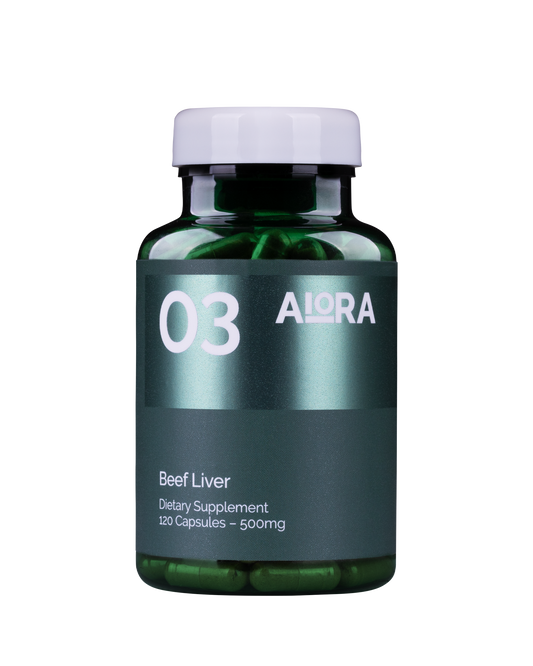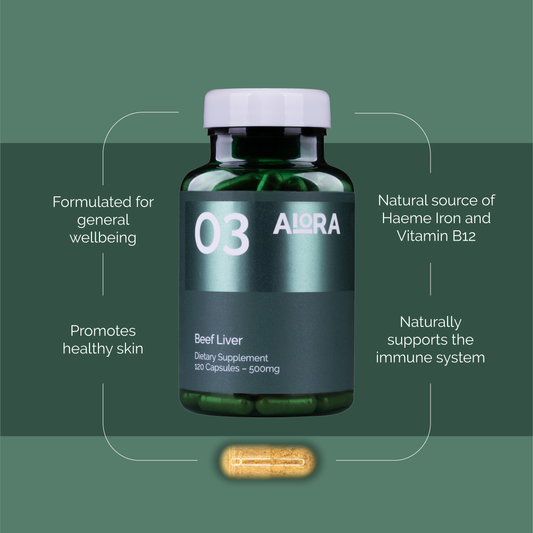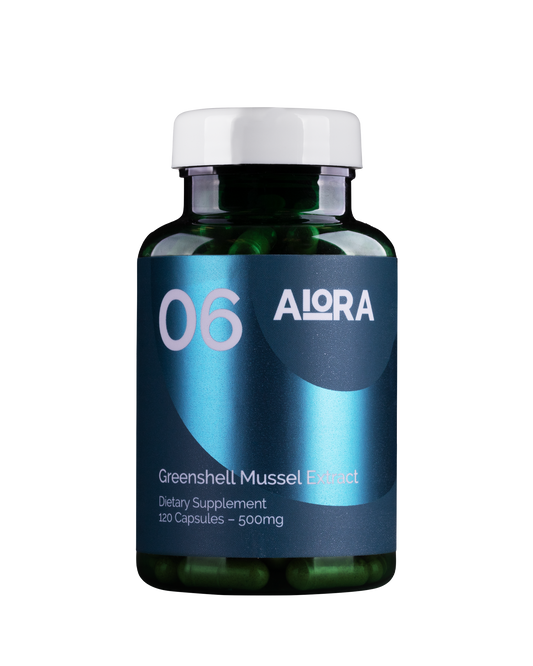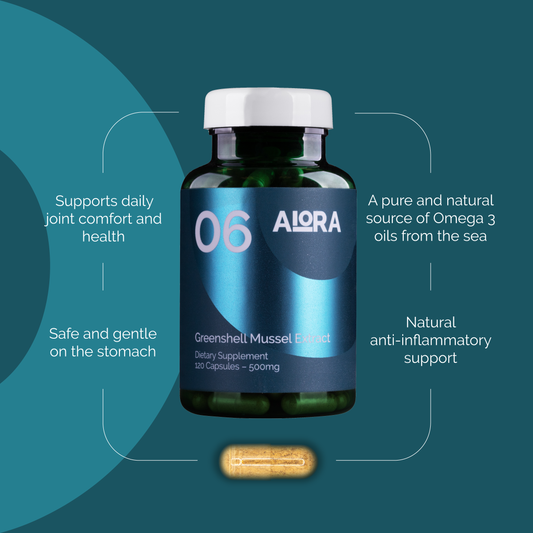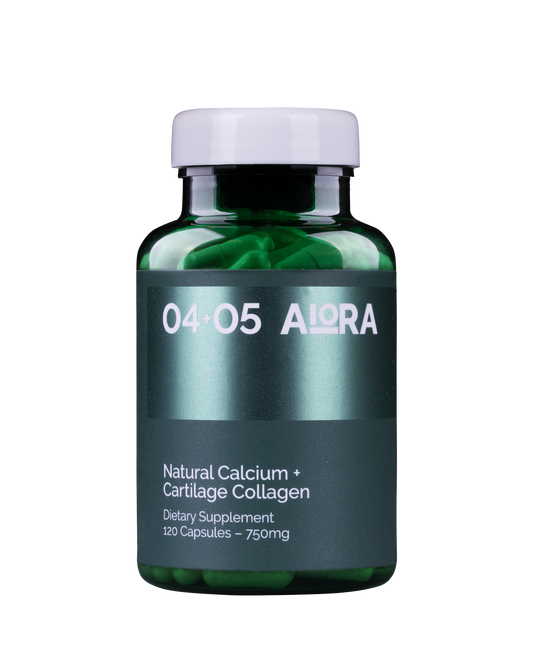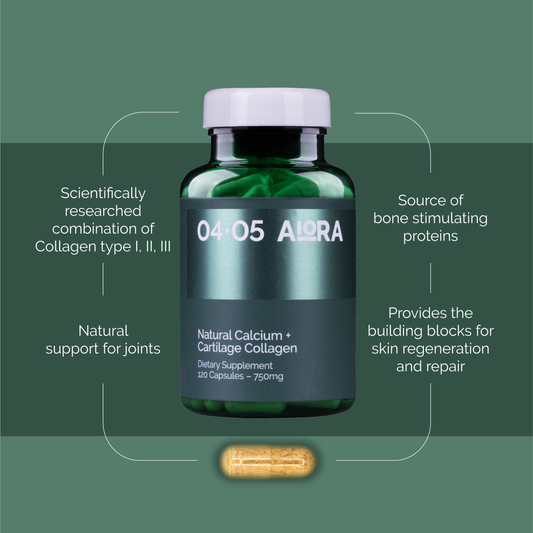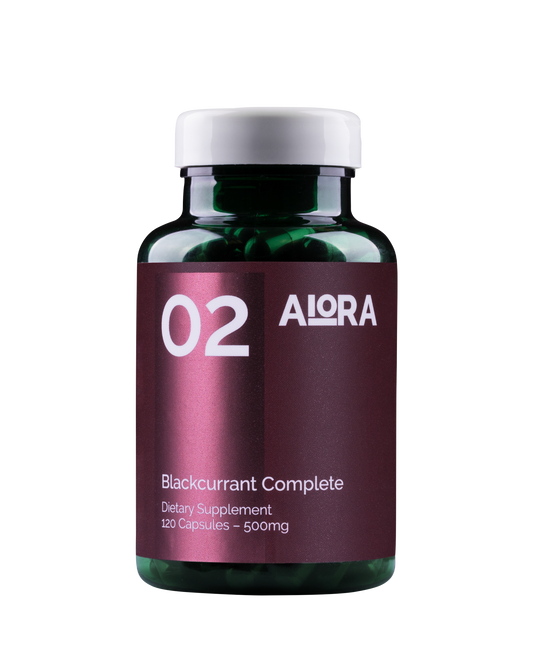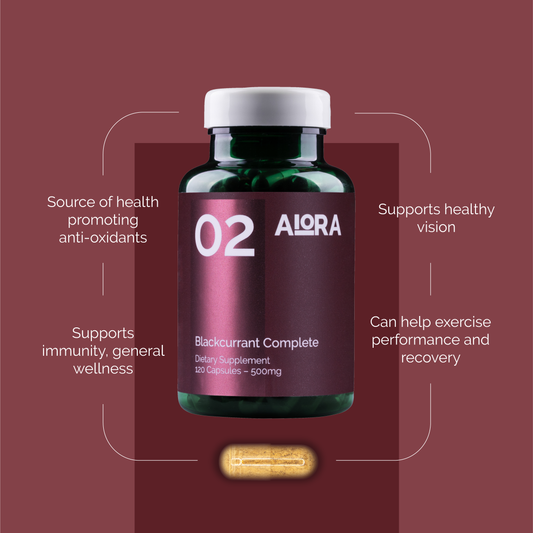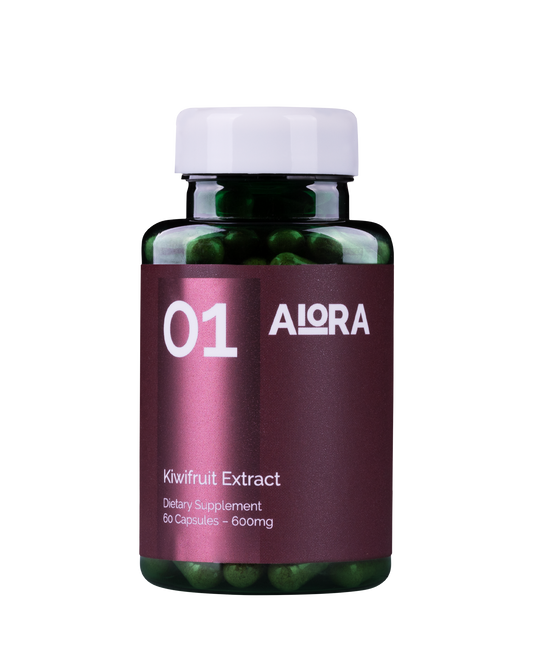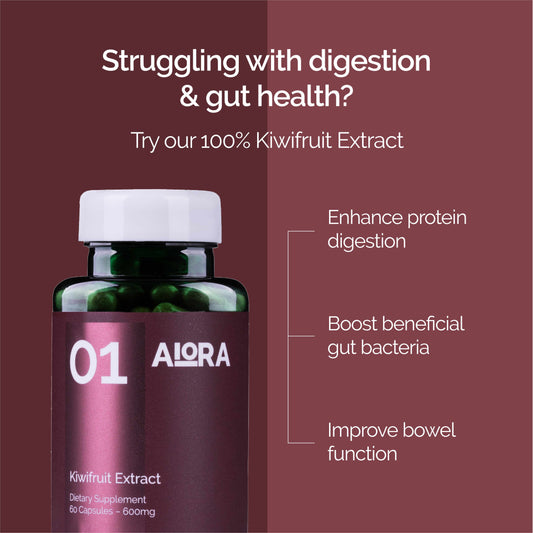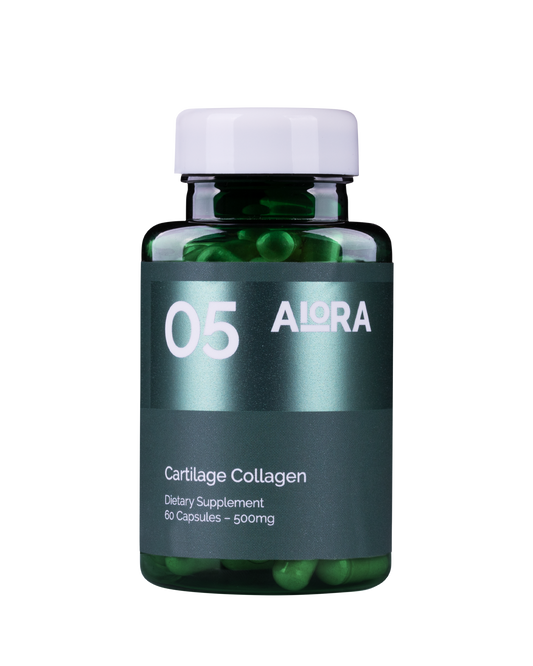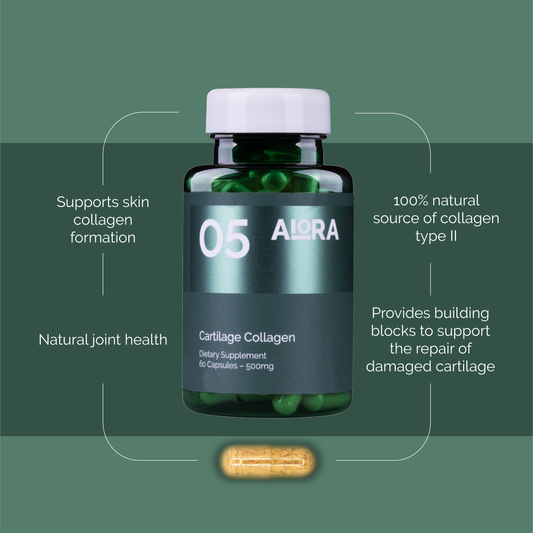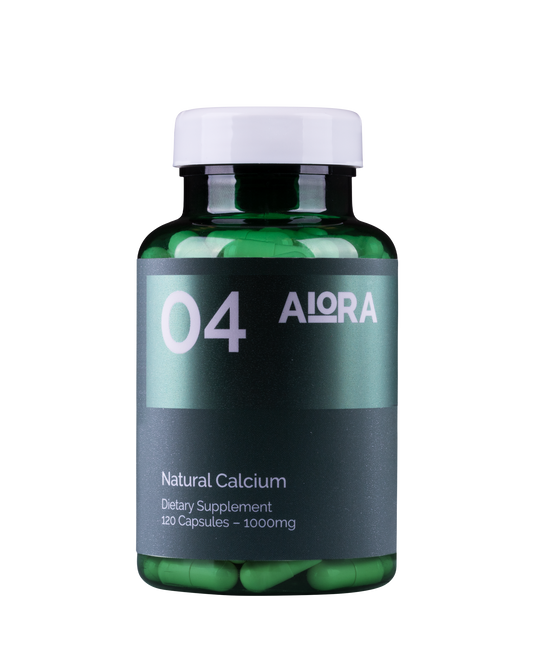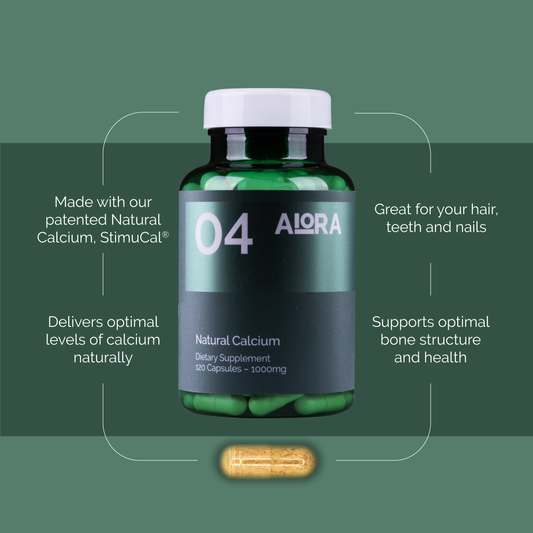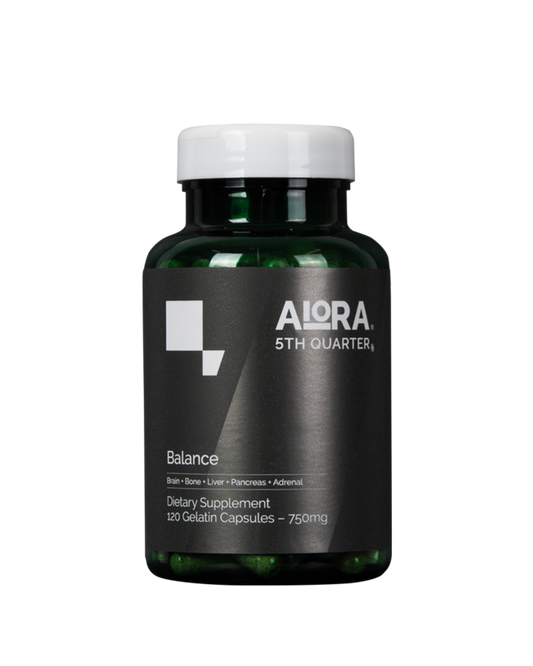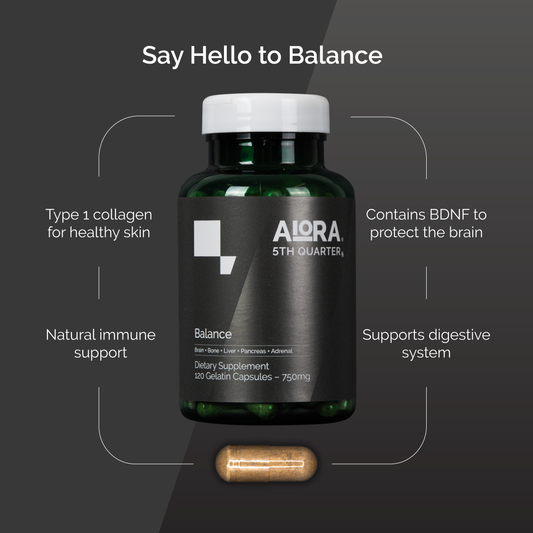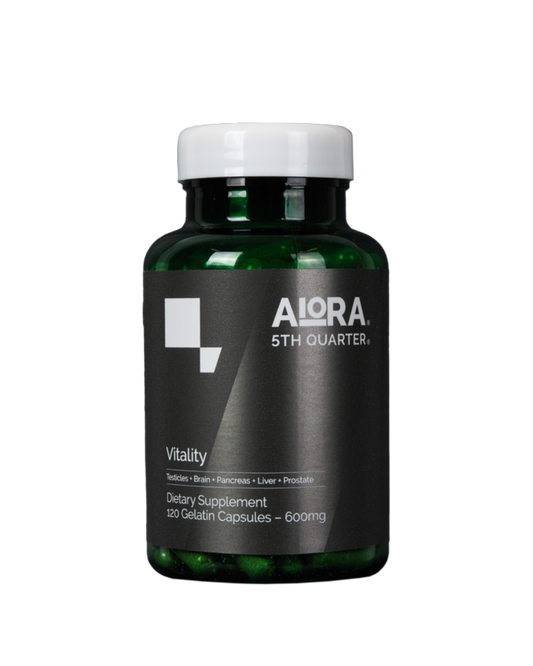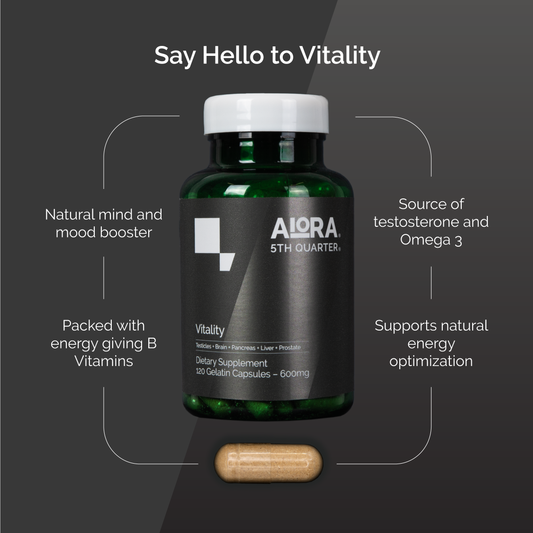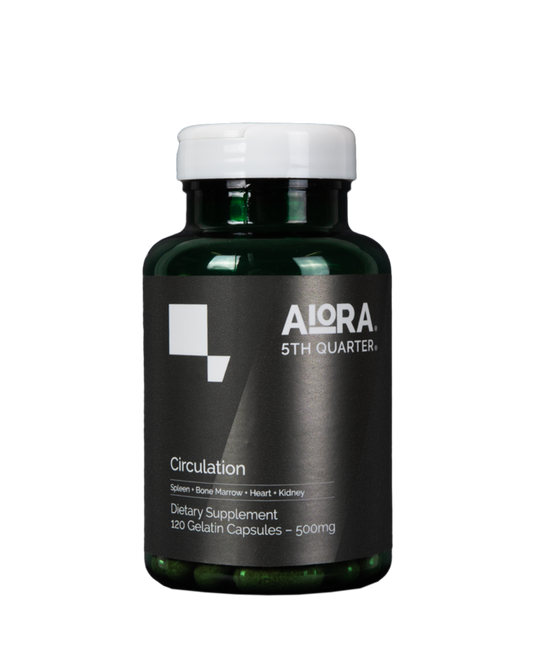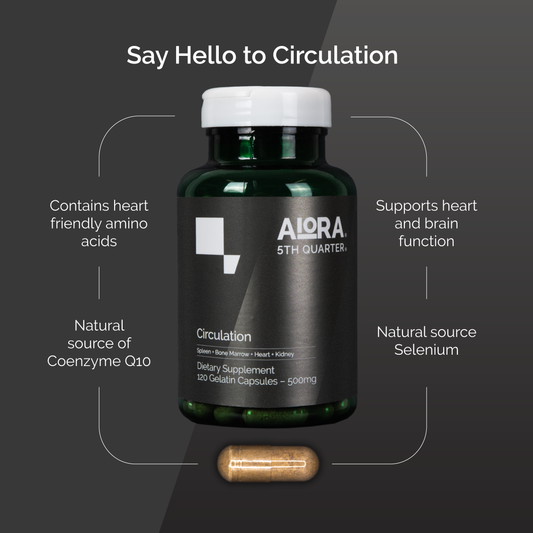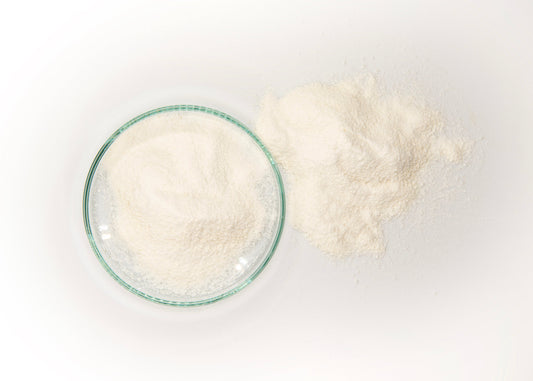Vitamin B12 is an essential nutrient. That means it's required for normal body function but must be obtained through diet as our bodies either can't manufacture it in the quantities we require, or at all.
Vitamin B12 is only found in animal products - especially red and organ meats. Not surprisingly then, AiOra® 03 Beef Liver is a great source of this important Vitamin, providing on average 100% of your daily requirements in our recommended dose.
So it’s important to get enough of this Vitamin in our diet, but why?
Vitamin B12 performs many interconnected functions. These include production of red blood cells, synthesis of genetic material (DNA) and nerve function.
Unfortunately, many of us just don’t get enough Vitamin B12 on a daily basis and long term, inadequate intakes of Vitamin B12 can eventually lead to anaemia, a serious blood condition characterised by tiredness and muscle weakness amongst other debilitating symptoms.
According to the New Zealand Adult Nutrition Survey* nearly 8% of all adult New Zealanders don’t consume sufficient Vitamin B12. Females aged 19-30 years were more at risk, with nearly 23% of them missing out, while in our elder population (70+ year olds) nearly 27% of us aren’t getting enough Vitamin B12.
So why are so many of us missing out on this essential nutrient?
Certain groups of people may be more at risk from low Vitamin B12 in the diet. It's no real surprise that strict vegetarians and vegans could be missing out. However anyone with a reduced appetite or who might be restricting animal product intake is potentially at risk of Vitamin B12 deficiency.
There’s something else that is unique to Vitamin B12 absorption that can result in deficiencies too.
Vitamin B12 requires acid, and a special protein secreted by the lining of the stomach, known as intrinsic factor, in order to be absorbed. The acid normally present in your stomach releases Vitamin B12 from food, intrinsic factor then bonds with the Vitamin B12 and from there, something called Vitamin B12-intrinsic factor complex travels to the small intestine where it is absorbed into the blood stream and can begin to carry out its good work in the body.
Without sufficient intrinsic factor it is difficult to absorb enough Vitamin B12 from foods, and typically as we age we produce less stomach acid, and less intrinsic factor too, so elderly people are particularly at risk of insufficient intake of Vitamin B12.
Plenty of research has been conducted on Vitamin B12 over the years and there is lots of knowledge in the scientific community on this super star Vitamin. Here are just a few of the ways that Vitamin B12 may benefit our health and wellbeing:
- Vitamin B12 may help with mood, cognition and memory loss, both in healthy groups of people and in those with pre-existing problems. While there is still some debate and more research to do, there is evidence that would support the role of Vitamin B12 for general neurological health, particularly if your Vitamin B12 status is not as good as it could be.
- Since Vitamin B12 is required for red blood cell generation (Haematopoiesis) there is some suggestion it may be good for sporty folk and for helping to maintain energy levels in the general population.
- Homocysteine is an amino acid which, if present in the blood at elevated levels, may lead to an increased risk of cardiovascular disease (like heart attack and strokes). Vitamin B12 can help to reduce the levels of homocysteine in the blood. Some of the research suggests that this effect is most noticeable when Vitamin B12 is taken with folate supplementation.
At AiOra® we always encourage following a balanced diet that includes a variety of foods from different sources. It’s also a good idea to limit the consumption of things that may interfere with Vitamin B12 absorption, such as alcohol or antacids.
This information is not intended to replace advice from your medical professional so don’t forget to consult them if you have any concerns about your Vitamin B12 status.
*University of Otago and Ministry of Health. ( 2011). A Focus on Nutrition: Key findings of the 2008/90 New Zealand Adult Nutrition Survey. Chapter 4. Nutrient intakes and dietary sources: Micronutrients. Wellington. New Zealand Ministry of Health.


